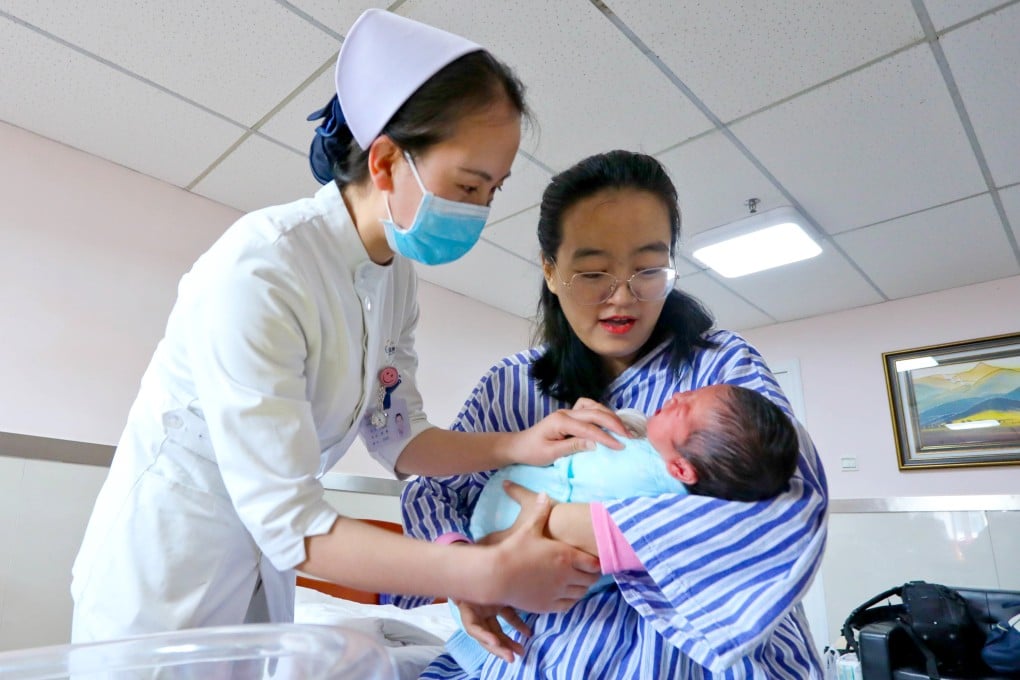China’s gender gap widening post-pandemic, with ‘she-cession’ still real threat to economy
- Peking University study finds disparity between men and women more than doubled in terms of hours worked and widened by nearly 30 per cent in terms of pay in 2020
- Researchers also saw the ‘magnitude of the ‘she-cession’ in China’, where the Covid-induced economic slowdown disproportionately impacted the female labour force

China’s workplace gender gap significantly increased during the coronavirus pandemic, and has continued to widen, Chinese researchers said in the first paper portraying the “she-cession” phenomenon.
The disparity between women and their male peers more than doubled in terms of hours worked, and widened by nearly 30 per cent in terms of pay in 2020 compared with before the coronavirus outbreak, according to a study by a group of researchers from Peking University.
Compared with men, Chinese women – who are among the most active in the labour market in Asia – had an unemployment rate 5.1 percentage points higher, worked 1.4 hours less a day and were paid about 2,200 yuan (US$304) less a month in November 2020, according to the study.
Tracking over 5,800 workers across 325 cities in three rounds of surveys, the researchers said that “documenting and understanding the magnitude of the ‘she-cession’ in China is not just a reflection of the past” as economic recession, unemployment and psychological traumas linger.
The phrase “she-cession” was coined as multiple studies in developed countries in the past couple of years suggested that the Covid-induced economic recession disproportionately impacted the female labour force.
